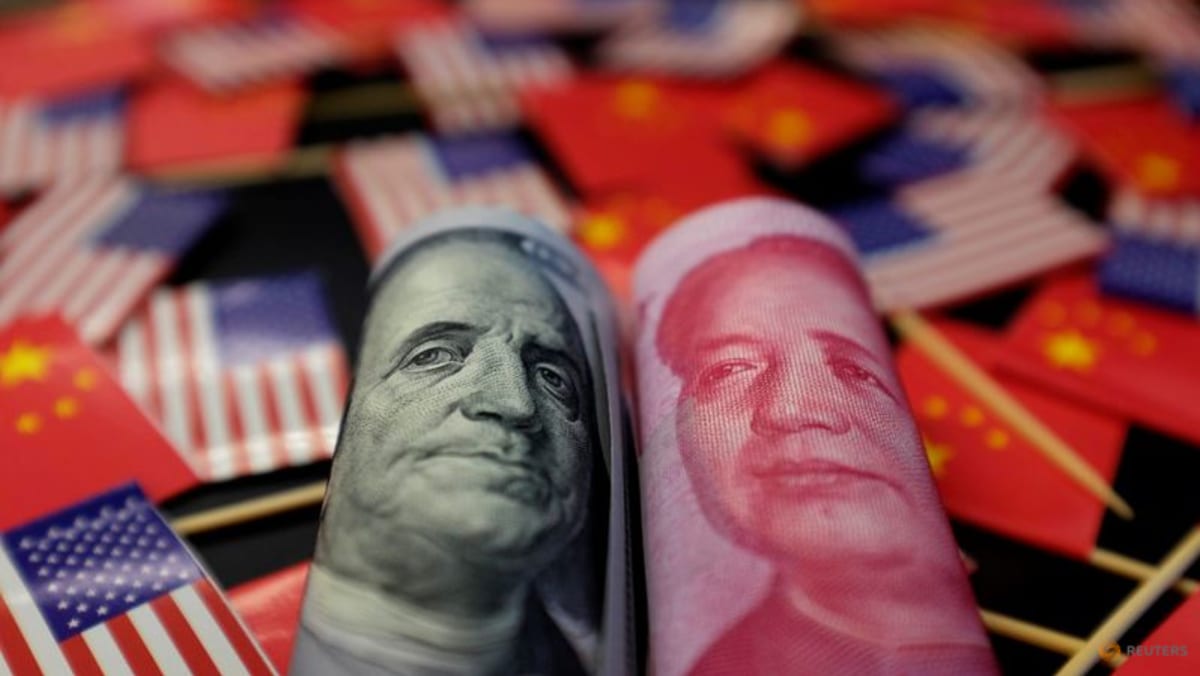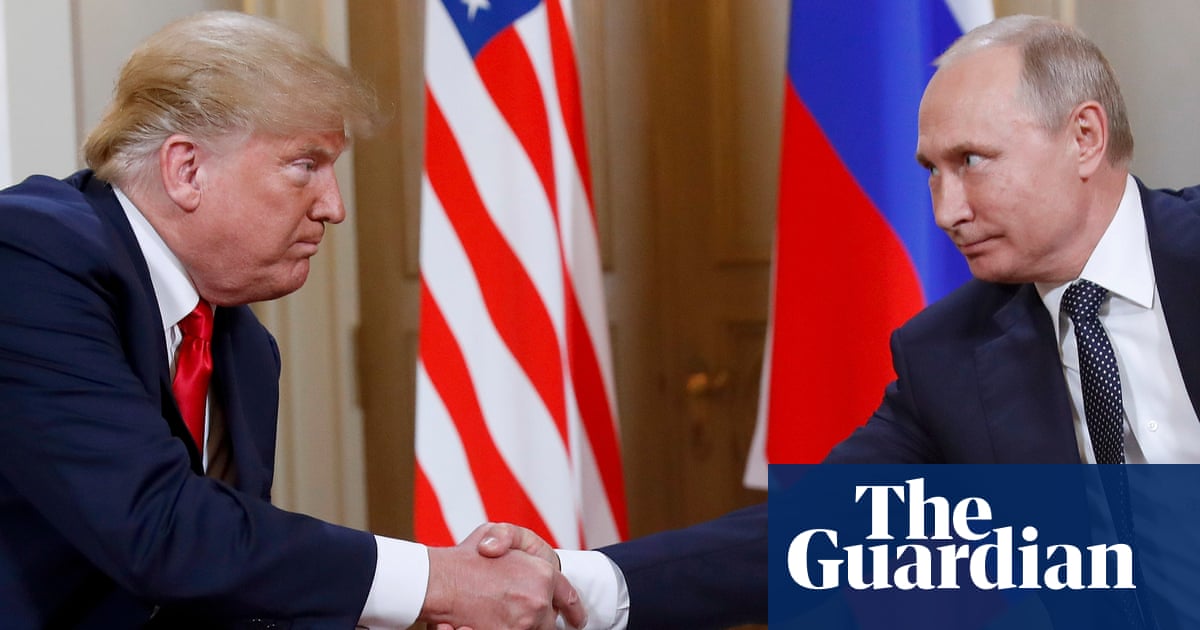US and China Agree to Temporary Tariff Reductions Amid Ongoing Trade Tensions

BEIJING: In a significant development in international trade relations, the United States and China have agreed to reduce tariffs on each other's goods for a period of 90 days, a move announced on Wednesday, May 14. This decision follows a temporary ceasefire in the ongoing trade war that has significantly impacted global markets and disrupted international supply chains.
The agreement was reached after crucial negotiations took place over the weekend in Geneva, highlighting the urgent need for resolution between the two largest economies in the world. The trade war, which has escalated over the past years, saw both nations imposing sweeping tariffs that strained economic relations and inflicted damage on businesses and consumers alike.
In a candid interview aired on Fox News, US President Donald Trump expressed optimism regarding the future of the trade negotiation process. Trump emphasized that the United States now possesses a framework for a "very, very strong" trade agreement with China. He stated that the proposed deal aims to facilitate the opening of China's economy to American businesses, a prospect he finds particularly exciting for both nations.
Trump, while traveling aboard Air Force One en route to his Gulf tour, remarked, "We have the confines of a very, very strong deal with China. But the most exciting part of the deal ... that's the opening up of China to US business." Although he did not provide specific details about the agreement, his comments suggest a potential thaw in relations that could foster increased American investment and engagement in the Chinese market.
The trade conflict escalated significantly when Trump imposed extensive tariffs that affected various goods and industries, with China bearing the brunt of these economic measures. In retaliation, Beijing implemented its own series of tariffs, leading to an unprecedented scenario where tariffs on both sides soared above 100 percent. This tit-for-tat exchange prompted fears of a prolonged economic downturn and contributed to the volatility of stock markets worldwide.
However, after billions of dollars in losses and a series of economic setbacks for businesses in both countries, negotiators finally engaged in discussions aimed at resolving the trade impasse. The new agreement stipulates that the United States will reduce its tariffs on Chinese imports to 30 percent, while China will lower its tariffs to 10 percent, marking a decrease of over 100 percentage points from previous levels.
The tariff reductions took effect just after midnight Washington time on Wednesday, signifying a major de-escalation of trade tensions that had seen US tariffs on certain Chinese products soar as high as 145 percent and even spike to 245 percent on select categories.
In the wake of this announcement, financial markets responded positively, rallying in response to the news of tariff suspension, reflecting investor optimism surrounding the easing of trade frictions. Meanwhile, Chinese officials have been strategically positioning themselves at a summit in Beijing with Latin American leaders, projecting an image of stability and commitment to globalization.
Chinese President Xi Jinping remarked at the summit, "There are no winners in tariff wars or trade wars," emphasizing the need for cooperation and mutual understanding. He, along with China's top diplomat Wang Yi, aimed to convey a message of unity among nations while subtly criticizing a "major power" that operates under the belief that "might makes right." This statement aligns with China's ongoing efforts to portray itself as a responsible global player amidst the turbulent trade landscape.




























